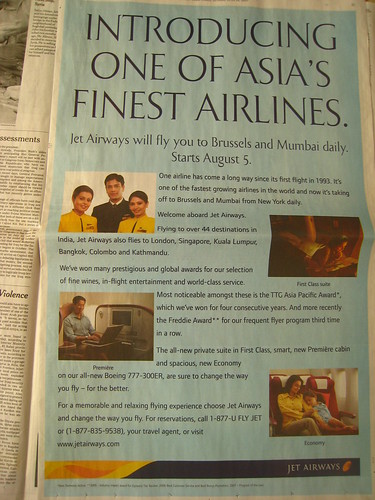Elephant bones have been found in Syria dating to the late Bronze age and it is possible that they were imported from India.
During the excavations season 2008 of Tell Mishrifé, bones of elephant have been found in a Late Bronze Age context. Discovery of elephant bones is not usual in Syria. They belong to infrequently occurring mammal species and their bones seems to appear in contexts dated up to the Middle Bronze Age. The questions arising are about the species identification and the occurrence of the elephant in Ancient Syria. One proposition is the import from India. The cultural and technical development of three great oriental state-levels societies during the 3rd and the beginning 2nd Millennium BC, the Harrapian Civilisation in the Indus valley, the Mesopotamian Civilisation and the Egyptian Civilisation led to the emergence of an intensive, evidenced as maritime, trade in the Gulf, the Arabian Sea and the Red Sea with some sites on the Arabian peninsular region playing an important role as primary trading places. The trade centred on a variety of luxuries but also on raw materials. The appearance in Mesopotamia and Levant during the 2nd Millennium BC of exotic species originated from India, plants such as sesame and animals, such as domesticated fowl and zebu, are also a hint for relation between Mesopotamia and India-Middle Asia though by what route remains unclear. The elephant presence in Syria could be related to the same trade.[The elephant in Syria via Carlos Aramayo]
The following posts talk about the trading network that existed between the Harappans and the people of Ancient Near East: Trading Hubs of the Old World – Part 1, Part 2, The Indus Colony in Mesopotamia – Part 1, Part 2

